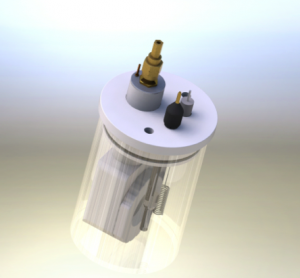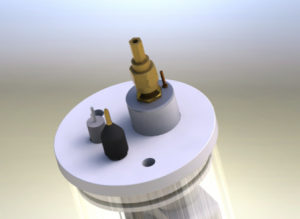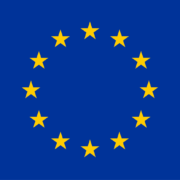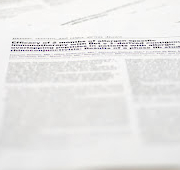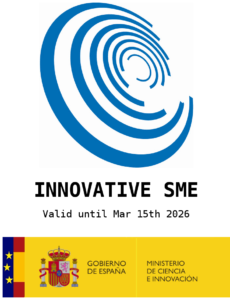A new sensor module for immersion
Northwestern University, typically ranked among the top 15 of all U.S. universities in US, has become our customer. We are delighted to begin our expansion into the U.S. market with our relationship with Northwestern.
Our specific collaboration is with Prof. Kenneth Shull, from the Department of Materials Science and Engineering. He is one of the most prestigious researchers on the properties of polymer surfaces and interfaces, with a research emphasis on the adhesion of “soft materials”, including traditional pressure-sensitive adhesives and highly specialized polymeric gels commonly used in biomedical applications.
Because of this collaboration, we have just launched a new sensor module specially designed for immersion.
Currently, researchers are using hand-made devices but they usually cause several inconvenients:
- Lack of chemical resistance.
- Weakness.
- High volume of sample is wasted
- Sealing is not hermetical.
The new AWS EQCM probe module solves all these issues and offers other advantages
- You can immerse the sensor module even in very strong or hot solutions (up to 150 degrees) because the parts in contact with the liquid are made of PEEK and PTFE.
- You can visualize the sensor during the experiment because the chamber is made of see-through material.
- You do not have to worry about sealing. A PTFE cover seals the glass vial and includes holes for the reference and counter electrodes and holes for PTFE tubbing for controlling atmosphere or bubling inside the chamber.
- You can easily replace and clean all the parts of the probe module.
The AWS EQCM Probe module is designed to operate with standard wrapped QCM sensors of 14 mm or 1” diameter with contacts, as well as AWS-HFF sensors.
Do you feel this new sensor module could be useful for your research?

